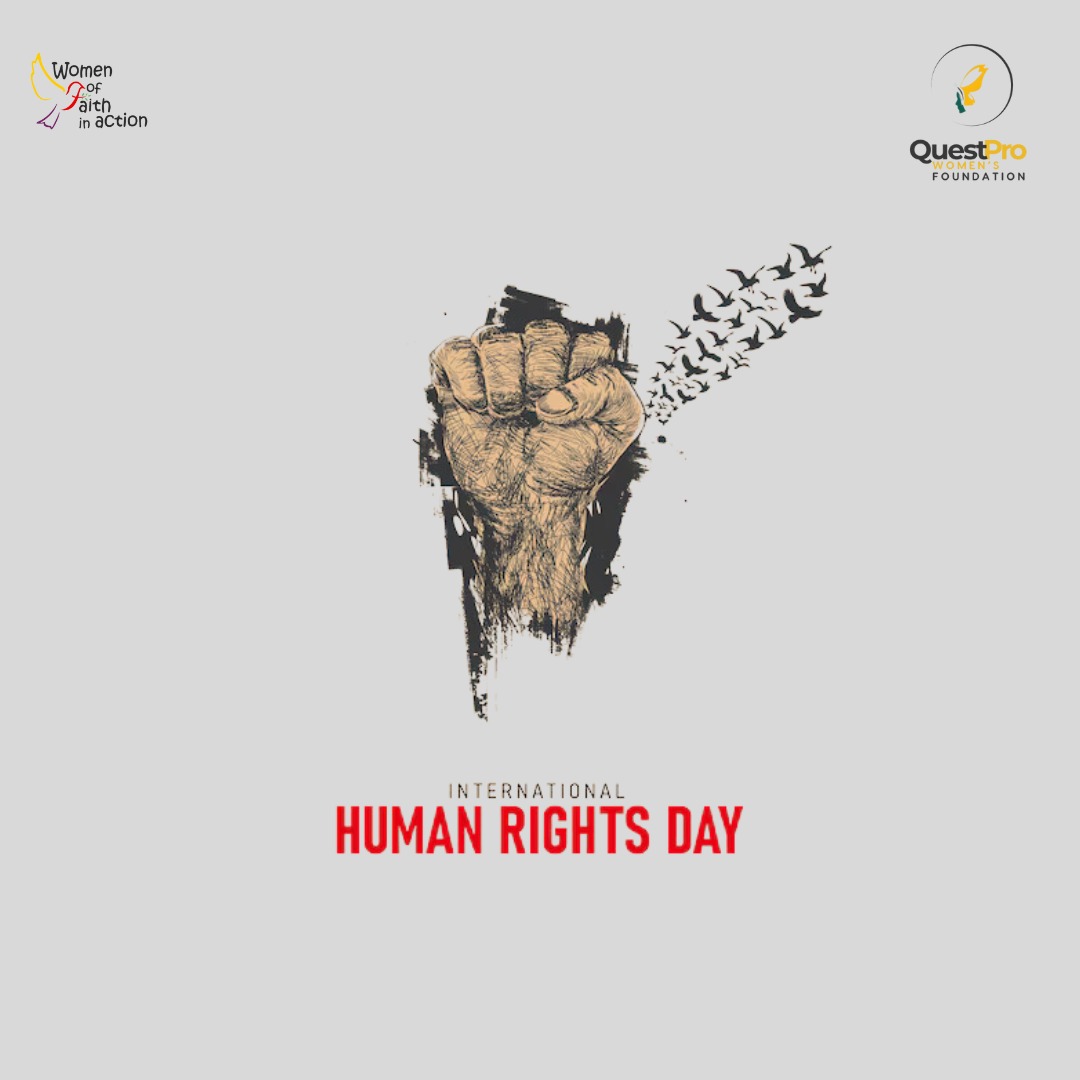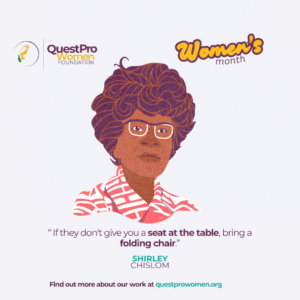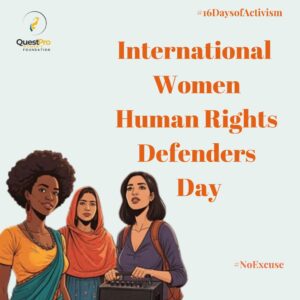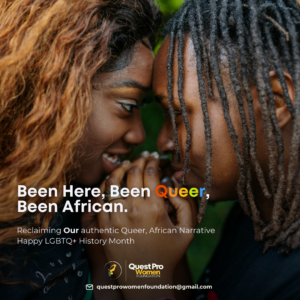Commemorating Human Rights Day: A Commitment to Equality and Inclusion
On this Human Rights Day, we are reminded of the universal principles that unite us—the inalienable rights and freedoms to which every individual is entitled, regardless of their identity. It is a day to reflect on the progress we have made and to confront the persistent inequalities that demand our collective action.
As we commemorate this day, we must acknowledge the systemic barriers that continue to exclude queer women across Africa from accessing their fundamental rights. Discrimination, stigmatization, and intersecting forms of oppression create environments where human rights are not equitably enjoyed. Queer women are disproportionately impacted by structural inequities in areas such as health, education, economic opportunity, and climate justice, further perpetuating cycles of marginalization.
Human rights are universal, indivisible, and interconnected. The fight for justice and equality must include all people, particularly those whose voices have been historically silenced. Exclusion undermines the foundational principles of human rights and weakens our ability to address the critical issues of our time—whether combating HIV and AIDS, advocating for climate justice, or ending sexual and gender-based violence.
This Human Rights Day, we call for greater intersectionality in human rights advocacy. Addressing the unique challenges faced by queer women requires policies and funding strategies that are inclusive and comprehensive. Queer women must be meaningfully involved in decision-making processes and supported in leading solutions that address their lived realities. This includes championing their participation in areas such as Sexual and Reproductive Health and Rights (SRHR), STEM fields, climate advocacy, and the fight against violence and discrimination.
Wellness, in all its dimensions—physical, mental, and emotional—is a fundamental human right. For queer women, wellness remains an aspiration yet to be realized, often hindered by systemic exclusion and lack of access to essential services. Ensuring the well-being of queer women requires a collective effort to dismantle the barriers that limit their potential and deny their humanity.
As we reflect on this year’s Human Rights Day theme, let us reaffirm our commitment to a future where all individuals can live with dignity, equality, and freedom. It is only through intentional inclusion, equity, and solidarity that we can realize the vision of a just and equitable world where no one is left behind.
On this Human Rights Day, QUESTPRO-WOMEN FOUNDATION (QWF) reaffirms its unwavering dedication to advancing the human rights of young queer women in Africa. This day reminds us that the fight for equality and justice is far from over and that the voices of marginalized communities, including queer women, must be at the forefront of shaping a more inclusive future.
QWF emerged as a response to pervasive gender disparities and systemic inequalities that exclude queer women from meaningful participation in critical areas such as HIV response, human rights advocacy, and policy-making processes. We believe that true progress in human rights is only possible when all people, regardless of their sexual orientation or gender identity, can live with dignity, access health and social services, and actively participate in decisions that affect their lives.
As an organization, we focus on amplifying the voices of queer women across Africa through movement-building and intersectional advocacy. Our work spans critical areas such as Sexual and Reproductive Health and Rights (SRHR), queer women’s participation in STEM fields, Climate Justice, and the fight against Sexual and Gender-Based Violence (SGBV). We also provide capacity-building support and small grants to grassroots queer women’s organizations, ensuring that the most innovative and impactful solutions are driven by those who understand their communities’ unique challenges.
This Human Rights Day, we call attention to the systemic barriers that continue to exclude queer women from accessing their fundamental rights. Discrimination, stigmatization, and intersecting forms of oppression create environments where human rights are not equitably enjoyed. These injustices not only harm individuals but also weaken our collective pursuit of a just society.
Human rights are universal and indivisible. As such, QWF advocates for intersectional approaches to human rights work that recognize the multifaceted realities of marginalized groups. Addressing issues like HIV and AIDS, gender disparities, and climate change must include the meaningful involvement of queer women at every level.
We urge governments, policymakers, and funders to prioritize inclusive strategies that address the unique challenges faced by queer women. Only by fostering equality, respect, and empowerment can we create an Africa where the human rights of all individuals are upheld, and the impact of HIV and AIDS is mitigated.
Together, let us recommit to the vision of a world where no one is left behind, and everyone can live with dignity and equality.




